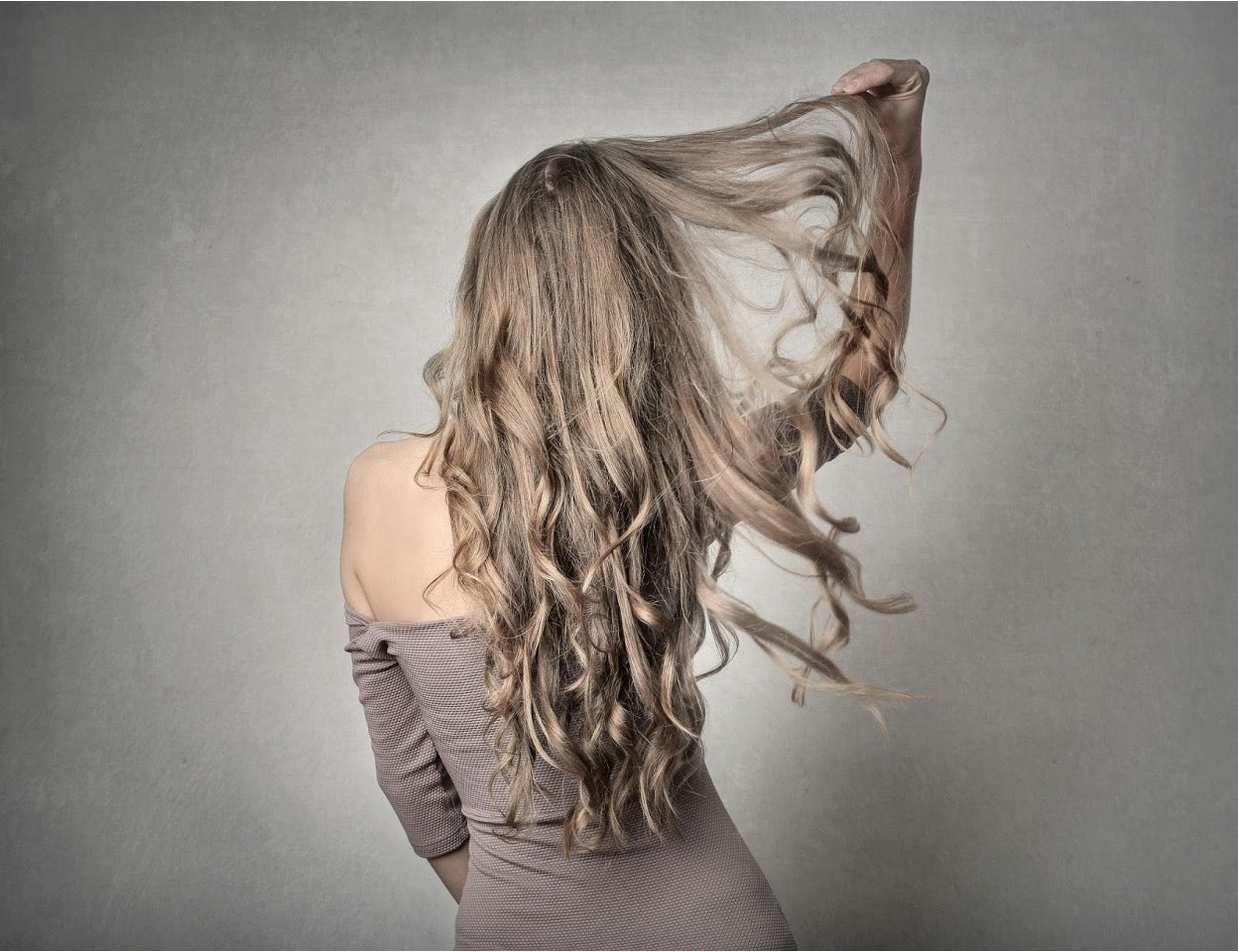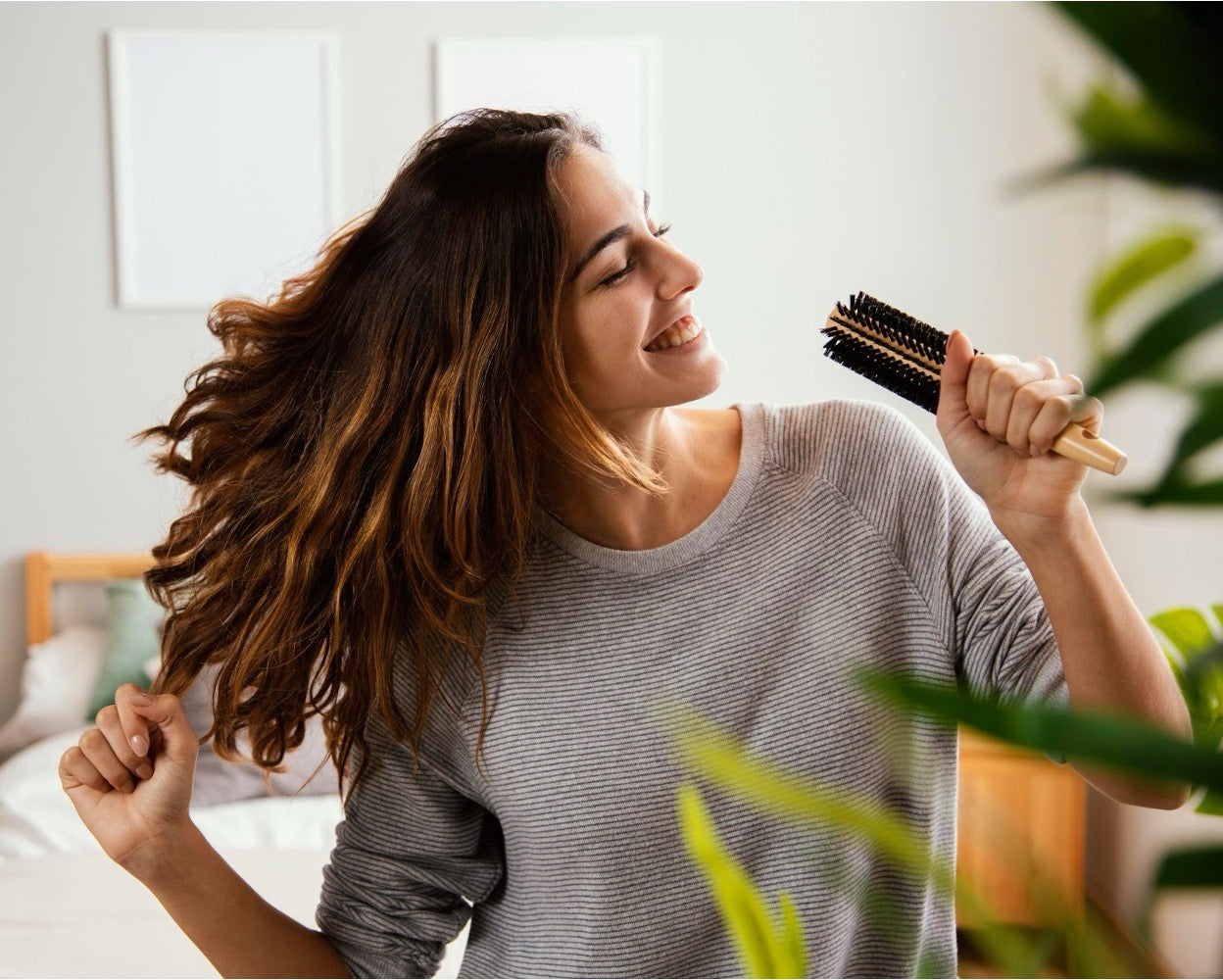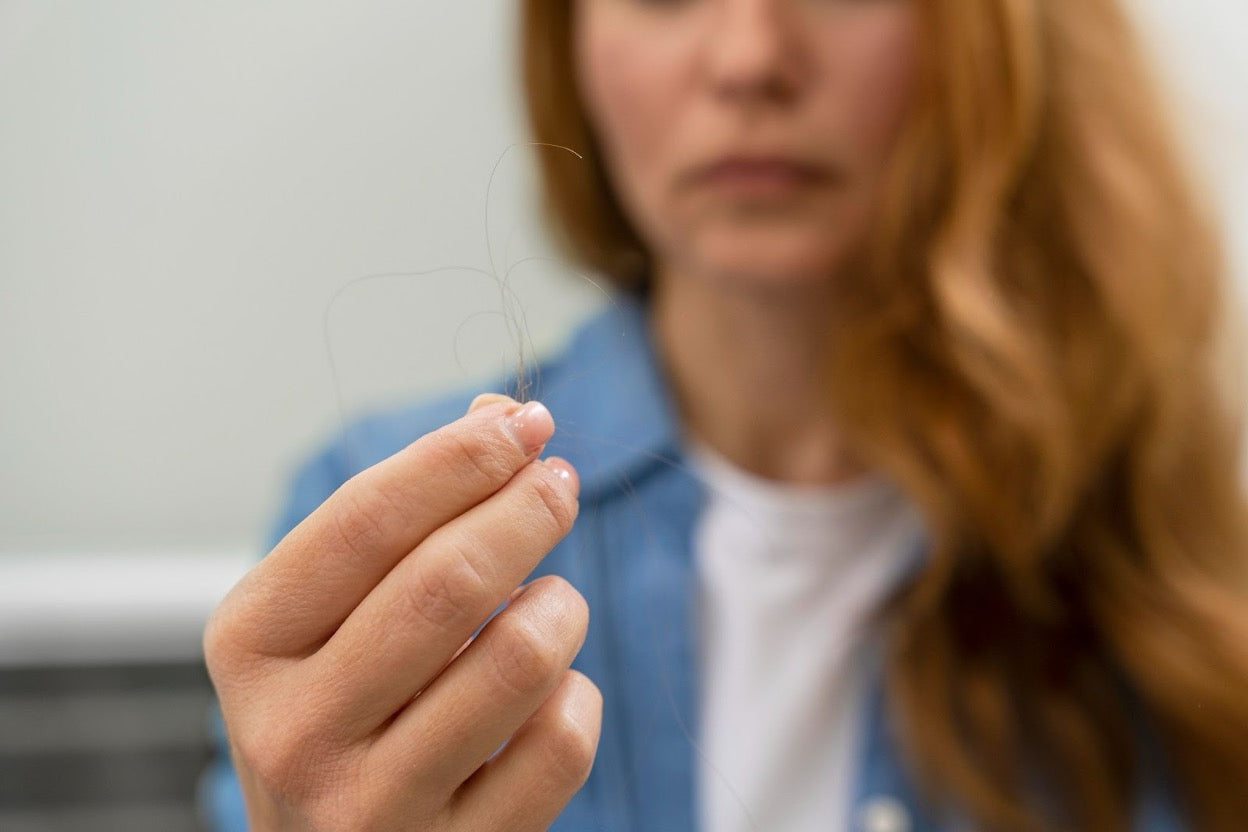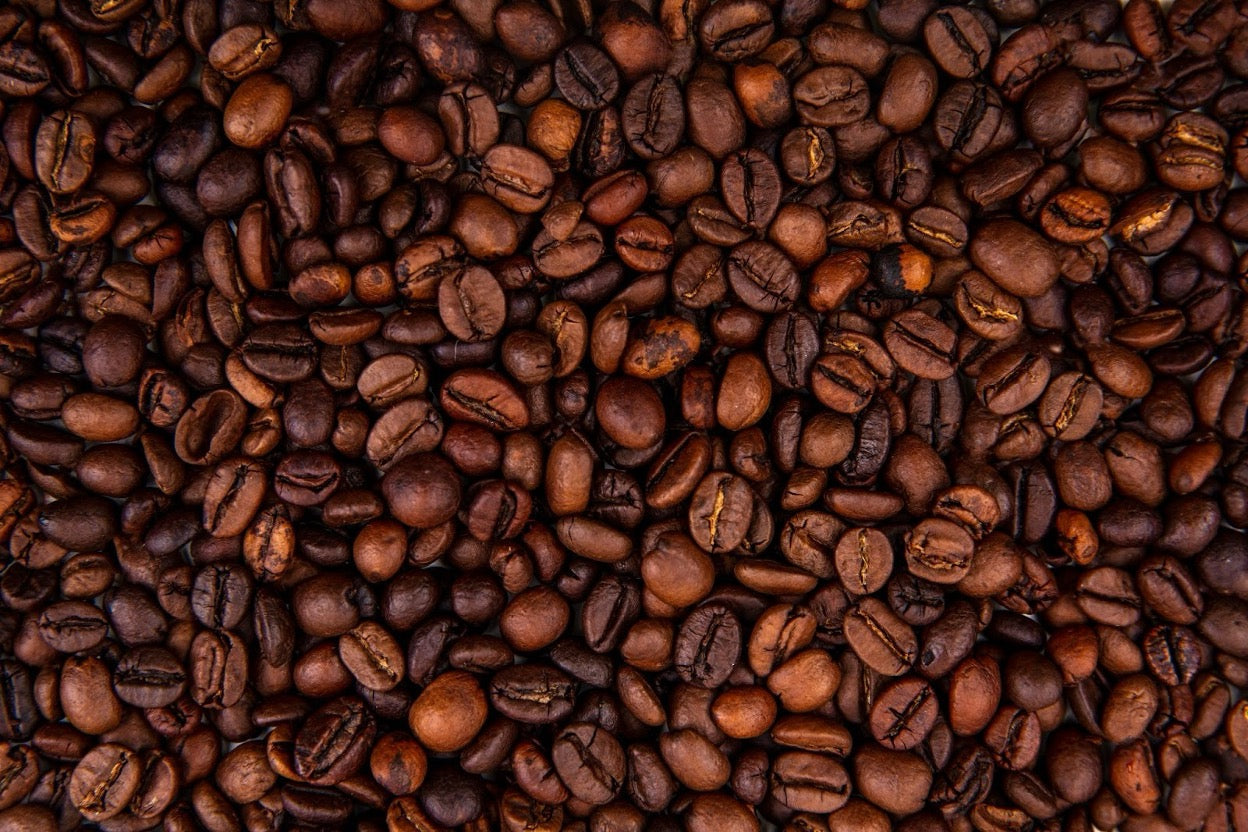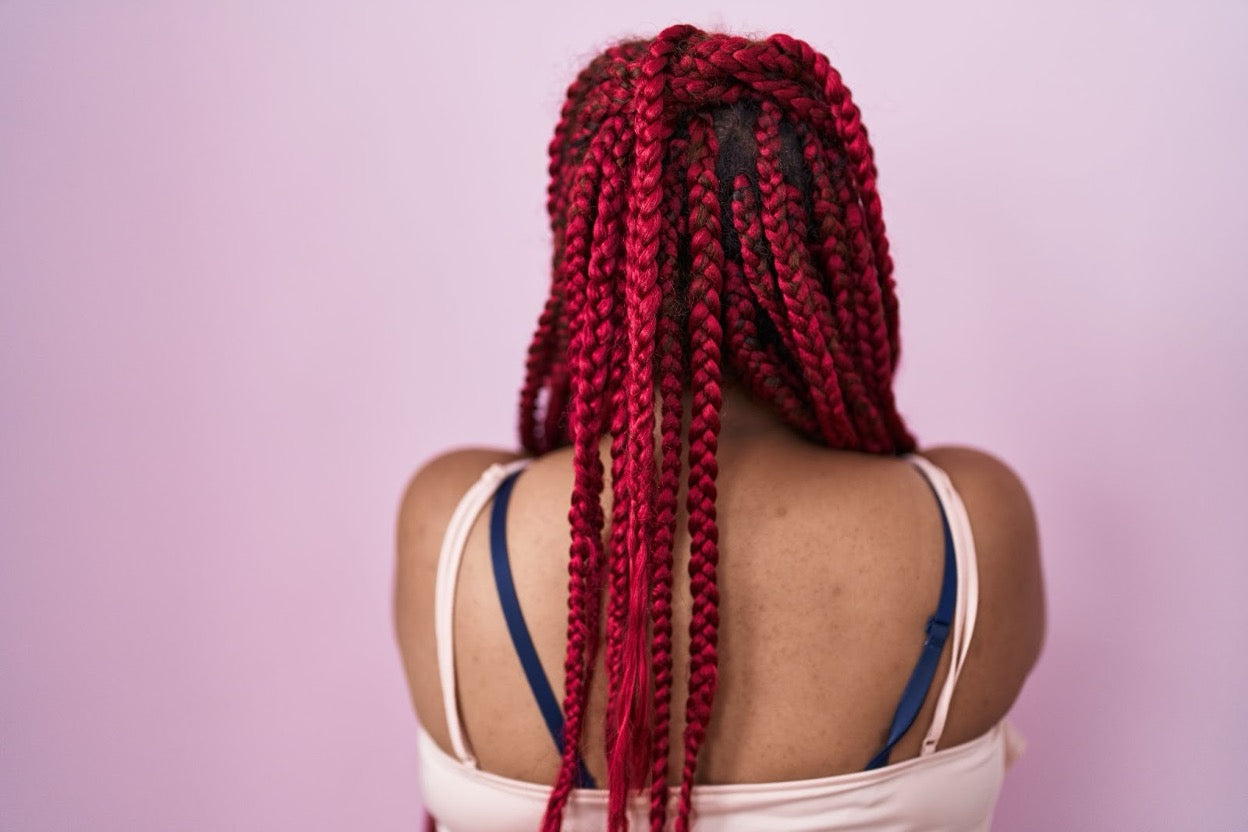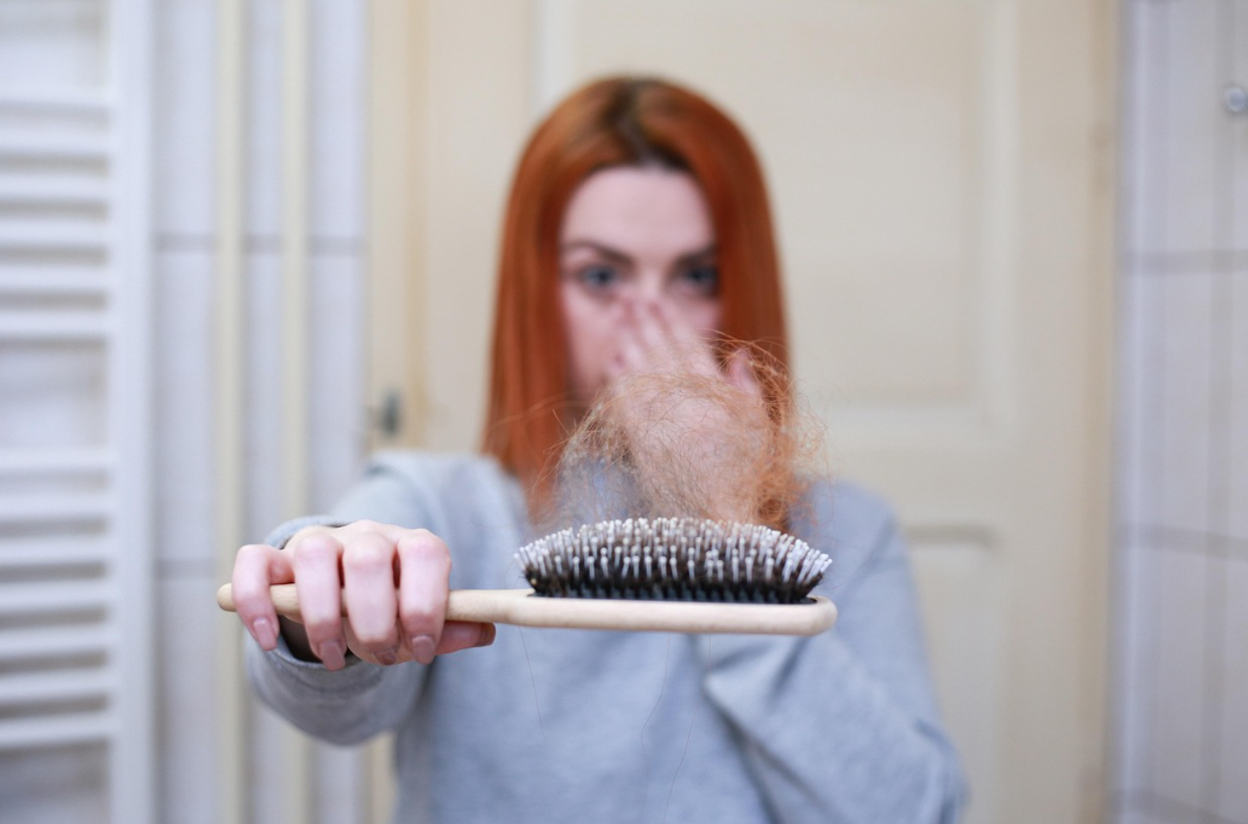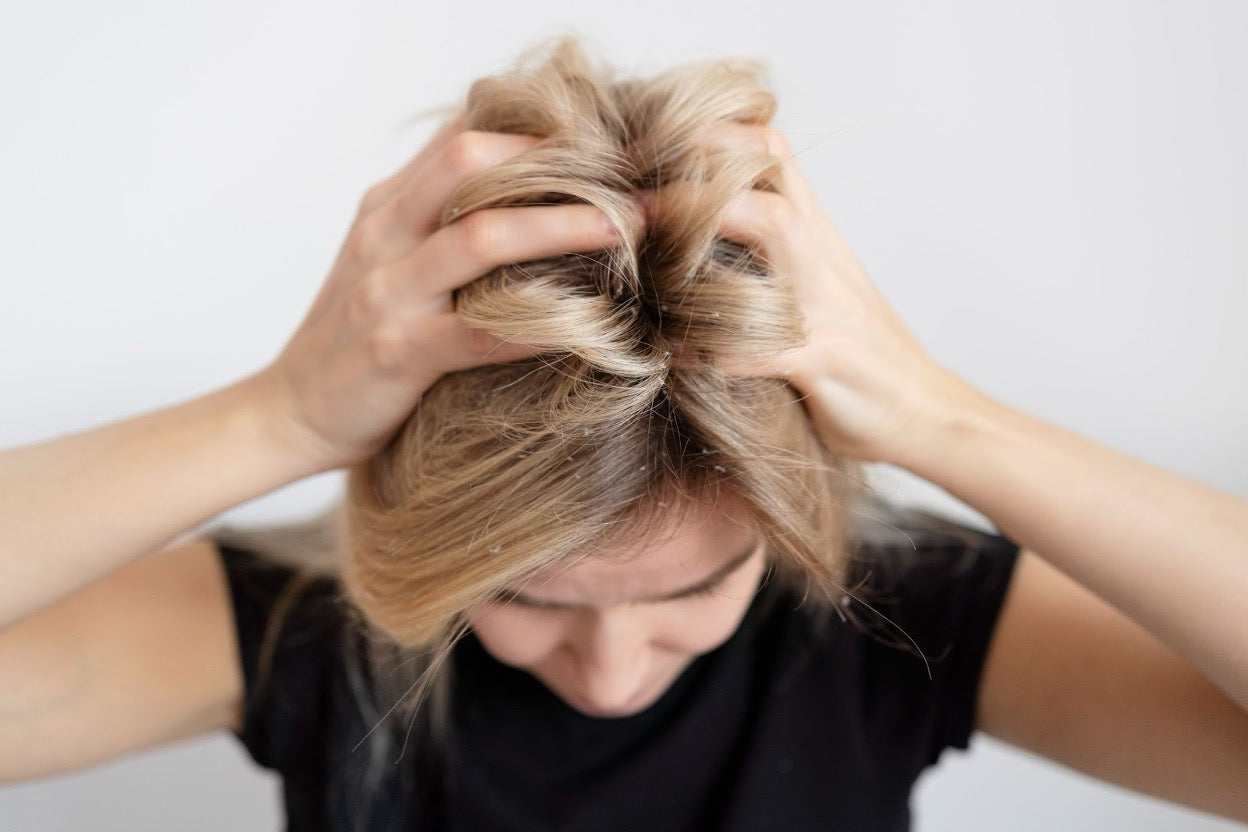Hair Loss Spray vs Serum: Differences, Side Effects, Before & After
BY TRYBELLO
Aug 7, 2025

Key Takeaways
- Hair loss sprays typically contain alcohol-based formulas for quick drying, while serums feature oil-based ingredients that provide deeper penetration.
- Serums offer more precise application with droppers, making them ideal for targeting specific thinning areas without product waste.
- Most studies show comparable effectiveness between sprays and serums when they contain the same active ingredients.
- Your hair length, lifestyle needs, and application preferences should guide your choice between spray and serum formulations.
- TryBello's Hair Helper Spray revolutionizes the traditional spray vs serum debate by combining the best of both worlds: quick-drying spray convenience with serum-like nourishing ingredients including biotin, castor oil, and caffeine that deliver visible results in just 8 weeks.
The Hair Loss Treatment Dilemma
Hair loss affects approximately 50 million men and women in the United States alone, creating an enormous market for treatment options. When facing thinning hair, most people immediately search for solutions that promise quick, visible results without understanding the differences between available formulations. The confusion between sprays and serums often leads to inconsistent application, unrealistic expectations, or abandoning treatment prematurely.
Treatment Option Confusion
The market offers an overwhelming array of products promising to halt hair loss and stimulate regrowth. From prescription medications to over-the-counter treatments, the options seem endless and often contradictory.
The spray versus serum debate represents just one aspect of this confusion. Many consumers don't realize that delivery methods can significantly impact how active ingredients interact with hair follicles. Understanding these differences empowers you to make more informed choices based on your specific hair type, lifestyle needs, and the underlying cause of your hair loss.
“Doctor-Approved Natural Spray Rapidly Boosts Growth & Thickness.
Why 100,000+ Women Are Switching to The TryBello All-Natural Solution!"
Join over 100,000 happy customers who’ve transformed their hair with our natural, doctor-formulated spray—rated 4.8/5 by more than 40,000 real users.
Proven Natural Ingredients
- • Caffeine Extract – Naturally blocks DHT and boosts blood flow to hair follicles
- • Biotin – Absorbs directly through the scalp for maximum results—no pills needed
- • Castor Oil – Soothes inflammation and locks in deep, lasting moisture
- • Rice Water Extract – Packed with proteins and minerals to strengthen hair and reduce shedding
Get Visible Results in 12 Weeks
- • Up to 45% increase in hair thickness
- • Reduces shedding and unclogs hair-draining nightmares
- • Supports regrowth in thinning areas
- • Leaves hair soft, shiny, and full of life
Ironclad 120-Day Growth Guarantee
No results after 4 months? Get 100% of your money back—no questions asked.


★★★★★
I started using this twice a day because I noticed my hairline receding. Didn’t pay attention to track results, now my stylist told me my hair has grown a lot since my last root touch up. I'm impressed! - Bailey

Hair Loss Sprays Explained
Hair loss sprays typically come in pump or aerosol formats that distribute a fine mist of solution across the affected areas of the scalp. This delivery system gained popularity for its convenience and ease of application, especially for individuals with extensive thinning or those treating large areas of the scalp. Sprays generally dry quickly and leave minimal residue, making them particularly appealing for people with busy morning routines or those who style their hair daily.
Application Method
Applying spray formulations requires holding the bottle approximately 2–6 inches from the scalp and delivering a controlled mist to affected areas. Most manufacturers recommend 2–6 sprays twice daily, though precise dosing can be challenging to maintain consistently.

The spray format works well for various hair types due to its simple application method
Many users appreciate the quick-drying nature of sprays, which allows for styling immediately after application.
Absorption Rate
The effectiveness of spray formulations largely depends on how well they penetrate the scalp barrier. Alcohol-based sprays typically evaporate quickly, which can limit the contact time with the scalp but allows for faster initial absorption. Most manufacturers design spray formulas to maximize penetration during this brief window, often incorporating permeation enhancers like propylene glycol.
Hair Loss Serums Unpacked
Hair loss serums represent a more concentrated approach to treatment, typically delivered via droppers or precision applicators. These liquid formulations tend to have thicker consistency than sprays, allowing for targeted application directly to the scalp rather than dispersing across a wider area. Serums have gained popularity among those seeking precision and control in their treatment regimen, particularly individuals with isolated thinning patches or receding hairlines.
How To Apply

Application of serums requires a more methodical approach than sprays.
Using the dropper or applicator tip, place small amounts of the product directly onto the scalp in thinning areas, then gently massage to distribute. Most serums recommend 1–2 ml per application, divided among problematic areas, applied twice daily for optimal results.
This method allows for precise dosing and targeted delivery, ensuring the active ingredients reach exactly where they're needed most.
Scalp Penetration
Serums typically offer superior penetration compared to sprays due to their formulation and application method. The thicker consistency allows the product to remain on the scalp longer before evaporating or being absorbed, providing extended contact time with hair follicles.
Differences: Hair Sprays vs Serums
| Feature | Hair Loss Spray | Hair Loss Serum |
|---|---|---|
| Base Formula | Primarily alcohol-based or lightweight water-based | Oil or water-based liquid |
| Primary Use | Targeting hair growth/loss on the scalp | Scalp treatment for growth/health; hair strands for frizz/shine |
| Application Method | Mist spray (2–8 sprays) | Dropper/applicator (1–2 ml); massaged into scalp |
| Drying Time | Quick (1–3 minutes) | Slower (5–15 minutes) |
| Precision | Moderate (wider distribution) | High (targeted application to follicles/scalp); can be messy with overuse |
| Residue | Minimal | Can be noticeable with overuse; some natural sprays leave less |
| Average Price Range | $10–$80 per month | $10–$80 per month |
| Systemic Absorption | Minimal, localized action on scalp | Minimal, localized action on scalp |
| Key Benefit | Ease of application, quick drying, even distribution | Intensive treatment, deep penetration, targeted application of active ingredients |
Note: The price ranges mentioned above are approximate and subject to change over time and across different locations. Costs may vary based on factors such as pricing policies, the provider's experience, and evolving market conditions.
Side Effects To Consider

Both spray and serum formulations can produce similar side effects, though the delivery method may influence their frequency and severity.
Common Reactions
The most frequently reported side effects for both formats include temporarily increased shedding during the first 2–4 weeks of treatment, mild scalp itching, and flaking. These reactions typically resolve with continued use as the scalp adjusts to the active ingredients.
Scalp Irritation
The delivery vehicle represents the most significant difference in side effect profiles between sprays and serums. Alcohol-based sprays may cause increased dryness, redness, and irritation, particularly in individuals with sensitive skin or underlying conditions like seborrheic dermatitis.
Serums, especially those with oil-based vehicles, typically cause less dryness and irritation. Their moisturizing components may actually improve scalp condition for some users, particularly those with naturally dry scalps. However, the extended contact time and potentially heavier consistency can occasionally trigger folliculitis (inflamed hair follicles) in those prone to such reactions. If you experience persistent redness, burning, or increasing irritation with either format, consulting a dermatologist about alternative formulations is advisable.
Before And After Results
Changes after 4 Weeks
At the 1-month mark, visible changes remain minimal with either delivery format especially for medical products containing minoxidil. Many users report subtle improvements in scalp condition, including reduced oiliness or flaking, but significant hair changes are rarely apparent.
Some experience the temporary increased shedding mentioned previously, which can be discouraging but actually indicates follicle response. Photographs at this stage typically show little visible difference from baseline, regardless of whether spray or serum formulations are used.
Progress after 3 Months
By the 3-month milestone, most responsive users begin noticing meaningful changes regardless of delivery format. Decreased shedding typically becomes apparent, with many reporting that fewer hairs appear in shower drains or on pillows. Hair growth comparison at this stage frequently shows subtle but measurable increases in density, particularly when viewed under consistent lighting conditions.
Transformation after 6 Months
The 6-month mark typically represents a turning point where results become visibly apparent to others, not just the user themselves. New growth has usually gained pigmentation and length, contributing meaningfully to overall density.
At this stage, differences between spray and serum results remain primarily influenced by consistency of application rather than delivery format itself. Users who selected a format that facilitated their adherence typically show superior results regardless of whether they chose spray or serum.
TryBello's Innovation: Redefining the Spray vs Serum Paradigm
At TryBello, our mission is providing a solution that transcends artificial limitations. We harness the power of natural ingredients to work harmoniously with your scalp's biology rather than fight against it.

The breakthrough in our Hair Helper Spray lies in its intelligent formulation that delivers the best aspects of both delivery methods while leaving out their respective drawbacks.
Unlike alcohol-laden medical sprays that strip moisture from your scalp, our hormone-free formula features biotin, the essential building block that strengthens hair at the follicular level; castor oil, which naturally enhances scalp circulation without synthetic vasodilators; and caffeine that energizes dormant hair roots during crucial growth phases.
Applied with just 1–2 targeted pumps to affected areas and gently massaged in, our plant-based formula provides the precision of serum application with the convenience of spray delivery. Whether you choose a quick 30-minute treatment or overnight intensive care, our formulation works continuously to nourish your scalp environment without the residue, odor, or styling restrictions that plague traditional treatments.
With thousands of satisfied customers achieving visible improvements in just 8 weeks, we've demonstrated that the future of hair care lies not in choosing between flawed traditional options, but in embracing scientifically-formulated natural solutions that respect both your hair's needs and your lifestyle demands.
For those ready to move beyond the limitations of conventional spray vs serum thinking, our 120-day growth guarantee ensures you can experience the transformative power of next-generation hair care with complete confidence and zero compromise.
TRY OUR BELLO HAIR HELPER SPRAY NOW →
Frequently Asked Questions (FAQs)
Trending Topics
See our latests posts #TRYBELLO


